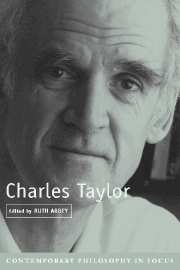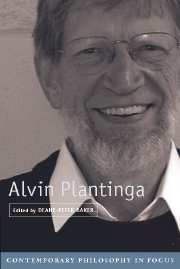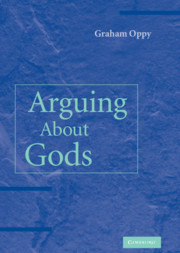Charles Taylor
Charles Taylor is one of the most distinctive figures in the landscape of contemporary philosophy. His ability to contribute to philosophical conversations across a wide spectrum of ideas is especially impressive in a time of increasing specialization. These areas include moral theory, theories of subjectivity, political theory, epistemology, hermeneutics, philosophy of mind, philosophy of language and aesthetics. Most recently, Taylor has branched into the study of religion. Written by a team of international authorities, this collection will be read primarily by students and academic professionals in philosophy, political science, and religious studies, and will also appeal to a broad swathe of professionals across the humanities and social sciences.
Ruth Abbey is Senior Lecturer in Political Theory at University of Kent at Canterbury. She has published numerous articles and is author of Nietzsche's Middle Period (Oxford University Press, 2000) and Philosophy Now: Charles Taylor (Princeton University Press, 2000).
- Deals with prominent philosopher whose work is widely read across disciplines
- High-quality contributors
- Up-to-date and accessible
Reviews & endorsements
'This book gives the reader an excellent 'tour d'horizon' of the surprising directions thought takes and new avenues opened for further exploration in Taylor's philosophy.' The Heythrop Journal
Product details
January 2004Paperback
9780521805223
232 pages
229 × 152 × 17 mm
0.323kg
Available
Table of Contents
- Introduction: timely meditations in an untimely mode Ruth Abbey
- 1. Taylor and the hermeneutic tradition Nicholas Smith
- 2. Taylor's (anti-)epistemology Hubert Dreyfus
- 3. The self and the good: Charles Taylor's moral ontology Fergus Kerr
- 4. Taylor's political philosophy Stephen Mulhall
- 5. Toleration, proselytizing, and the politics of recognition Jean Bethke Elshtain
- 6. Taylor and feminism: from recognition of identity to a politics of the good Melissa Orlie
- 7. Catholicism and philosophy: a nontheistic appreciation William E. Connolly
- 8. History, agency and the history of philosophy Terry Pinkard.





